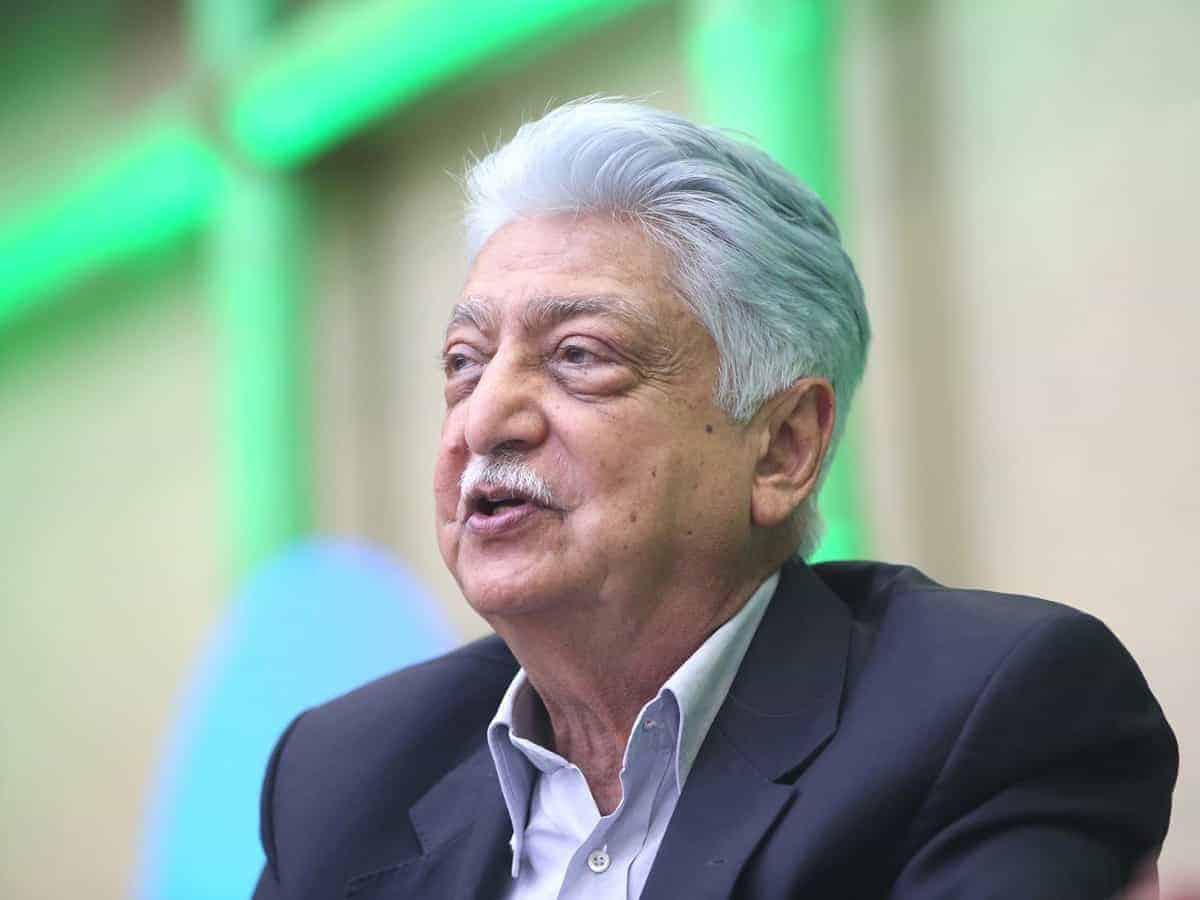The pandemic raging for the last one year has caused massive disruption in lives of the common masses across the world. People have made several changes in daily chores. Education too has dealt with the disruption through online mode of teaching. But a year later, studies reveal that ‘benefits’ of online and ICT mode are being endorsed by quarters having their interests tied with commercialization of teaching rather than those actually engaged in teaching and learning processes.
A research study by the Bangalore-based Azim Premji University has held the online education pedagogically unsound, suboptimal and an inadequate substitute for face-to-face interaction between students and teachers. The study released last week is based on a survey of 80,000 students, 398 parents, 1,522 teachers in as many public (read Government) schools spread across 26 districts in five states of the country carried out in September 2020. The study was done under the aegis of Azim Premji Foundation. Being Government schools, these institutions enroll the children from the most disadvantaged sections of the society. The study also reveals that most parents are eager to send their children to schools if necessary health safeguards are adopted.
No meaningful education
Of the surveyed children, 60% were not able to access online learning. Reasons varied from absence of smartphone; multiple siblings sharing a smartphone; difficulty in using the Apps for online learning etc. Teachers said 90% of the children with any disability were unable to participate in online classes.
‘Reopen schools’
In view of the ineffective learning, 90% of the parents were willing to send their children to schools with necessary health safeguards. Close to 65% opined that schools, when they reopen, would not pose a problem for their children’s health.
Poor digital access
Critical concerns related to online learning included poor digital access for children and families; minimalist and inadequate teaching-learning process; insufficient knowledge of digital platform compounded by the lack of training and support.
Excluded
The study finds that out of 30,511 children who attended regular classes in the state which were implementing the online education, only 11,474 (i.e., only 41%) were actually attending online classes. It implies that nearly 60% of the children were excluded from the online education. In case of children with disability, this share dipped to 7%.
The survey shows that on an average 31% children had easy access to smartphones for online classes. Data from parents’ survey reveals that overall though 87% of them had smartphones, proportion of the parents who can spare an additional phone for the kids was just 22%. Most of them who had a smartphones carried them to work and thereby the children had no access to them.
Network issues
Teachers said in a 45-minute class, half the time gets consumed in saying, “Hello! Hello!” as the networks is usually bad. Even those who hear, complain to the teachers: “Madam! Theek se sunai nahi de raha hai” (Madam! We cannot hear properly). Teachers from as diverse geographies as Tonk (Rajasthan), Dhamtari and Raipur (Chhattisgarh) said most families cannot afford a smartphone. Even if some of them possess smartphones, connectivity is poor. While 84% of teachers in the states where online teaching was being implemented said it was difficult or impossible to maintain an emotional connect with children during online classes, 89% teachers in non-implementing states shared the same concern in eventuality of online classes being introduced. The teachers said they can explain concepts through activity in physical classes, but it was not possible in online teaching. Moreover, some teachers said they can create content for children from the local material, but same is not possible while addressing students in several far removed locations.
Around 17% of the teachers said they had not given any assignments. From among the teachers who had given assignments, 44% reported that children were not able to complete them. Thirty six parents who were surveyed, said that the children were not able to use the Apps for online classes on their own. More than half the teachers (around 54%) shared that their knowledge and user-experience of digital platform and modes of teaching were inadequate. Teachers’ survey showed that around 75% of them spent, on an average, less than an hour per day on online classes for any grade.
The study underscores the need to reopen the school as early as possible and to adopt context-based, direct teaching-learning solutions with the physical presence of teachers during the transition period of the reopening of public schools.
Those interested in the text of the study, can log onto: azimpremjiuniversity.edu.in/SitePages/research-projects.aspx
M A Siraj is senior journalist based in Bengaluru. He writes for several publications in the country.

